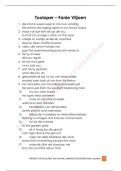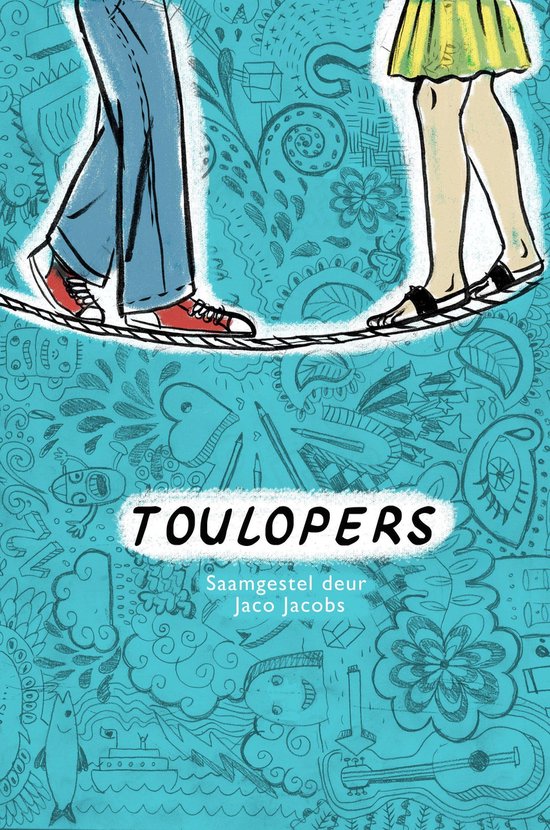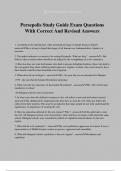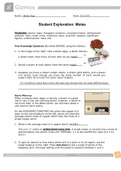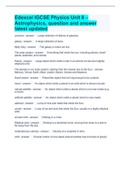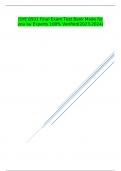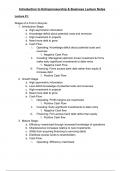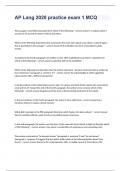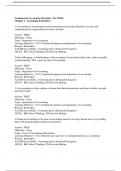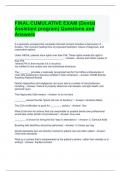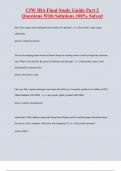Summary
Summary Touloper by Fanie Viljoen Complete and Extensive Line by Line Analysis
- Institution
- 12th Grade
- Book
- Toulopers
*** PLEASE NOTE: LEARNER USE ONLY! *** With this detailed 13 page line-by-line English translation and analysis of Touloper, you will not only be able to understand the poem, but also be ready for any question as the most important Afrikaans words are in brackets for you to identify in any test...
[Show more]
